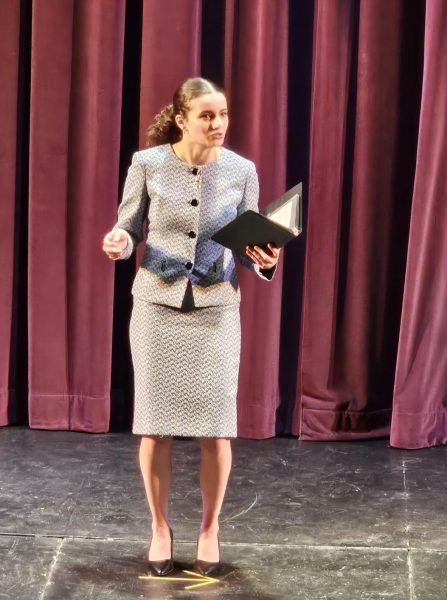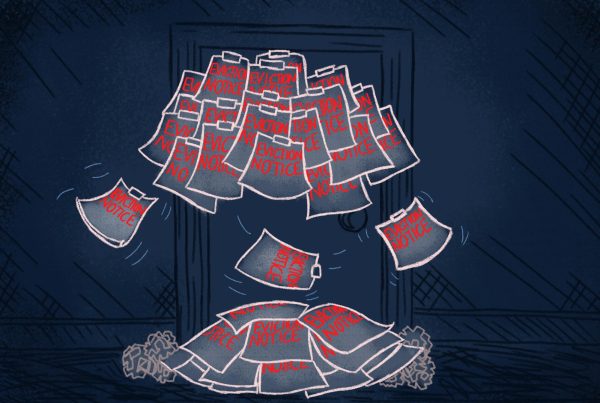College’s accreditation to be evaluated by special team
October 13, 2009
An evaluation team will visit DVC in the next few weeks to determine whether it has fixed the problems that threaten its continued accreditation by the Accrediting Commission for Community and Junior Colleges.
The college submitted its report to the Commission ahead of today’s deadline after eight months of frenzied work by managers, faculty and staff – and the 11th–hour help of an outside consultant – to correct the deficiencies that led to its “show-cause” status in February.
“Show cause” is the Commission’s final warning before yanking a college’s accreditation.
Since that finding, workgroups have tackled each of the Commission’s recommendations, which included improving communication among all levels of the college, more transparent decision-making, a master technology plan, updating hundreds of course outlines, developing student learning outcomes for courses and programs and more.
In July, the district governing board approved an up-to-$80,000 contract with Donald Averill, most recently chancellor of the San Bernardino Community College District, to help the college prepare for its report to the Commission.
So far the college has paid Averill $13,394 for his work plus travel expenses said Gene Huff, the district’s chief human resources officer.
“He is paid $150 an hour, or $1200 per full eight hour day,” said Huff.
“There certainly will be more payments,” Huff added, explaining there was lag time for work invoices and that Averill would likely be brought back to further help the school as it continues through the accreditation process.
Chris Leivas, DVC’s vice president of finance and administration, said Averill was paid using money from the vacant position for vice president of student services.
Keith Mikolavich, vice president of the DVC Faculty Senate, said Averill met with co-leaders of the various work groups to get a detailed understanding of our processes, findings and written products.
“[Averill] provided crucial feedback on our final report, giving us a more objective view of what we had accomplished and what loose ends we had to tie up,” Mikolavich said.
Ted Wieden, DVC’s interim dean of instruction, met with Averill as a work group leader. He also praised the consultant’s work.
“He gave us a very good outsider perspective,” Wieden said. “In that perspective, his advice was invaluable.”
On July 19, Averill produced a six-page memo to the college in which he made a number of suggestions on how to more effectively address the “Show Cause Report.”
In one case he found two workgroups working on the same problem, with conflicting conclusions.
He also suggested the college change, drop, or define some of the problematic language found in the reports.
“A lot of (what I did) was editorial,” Averill said in a telephone interview.
Averill declined to reveal how much he was paid.
In addition to working for a number of community colleges over the past 33 years, Averill has also worked on both sides of the accreditation process, both as a commission member for the ACCJC and more often, as “visiting committee chair” for colleges in the same situation.














































































